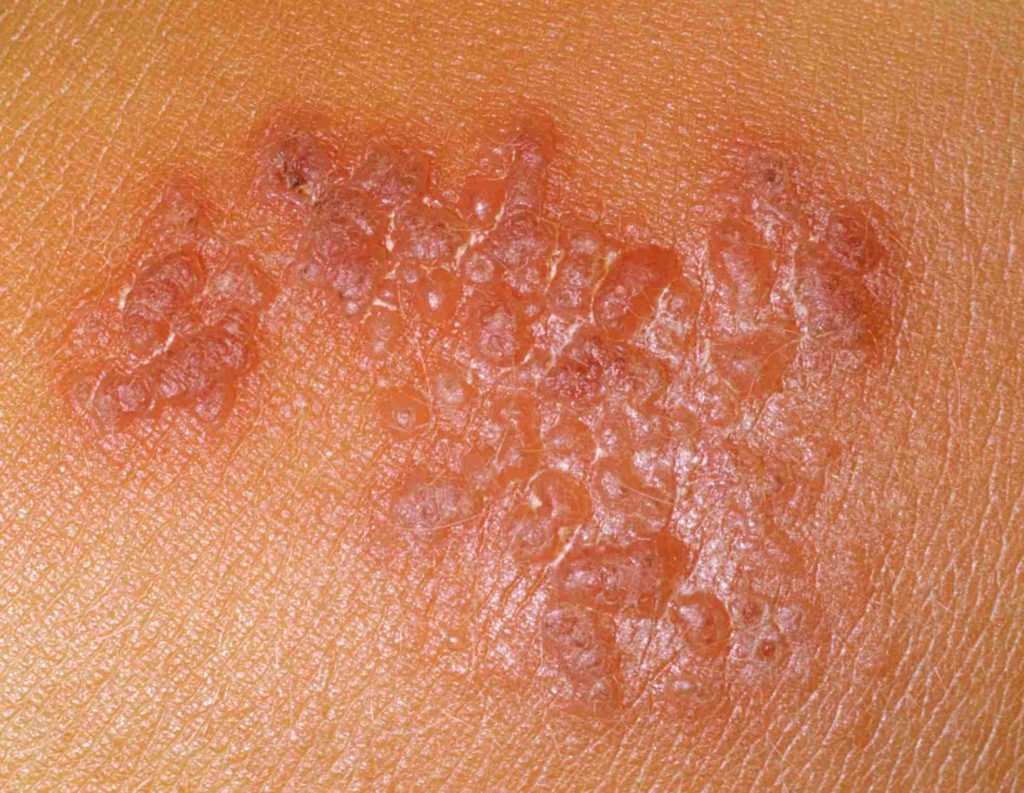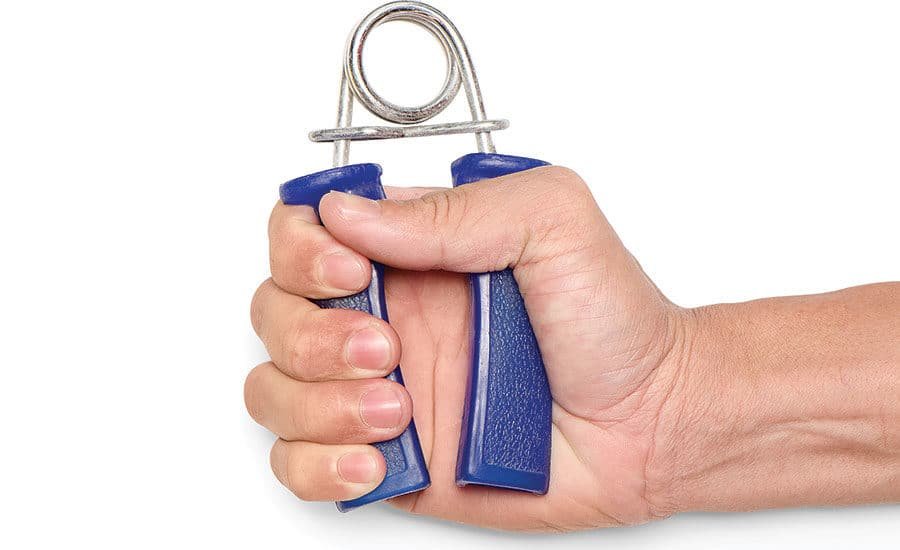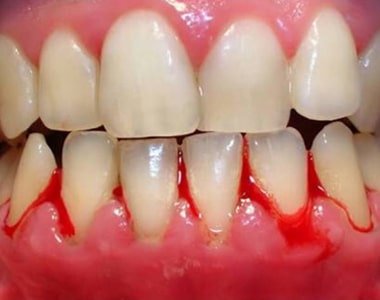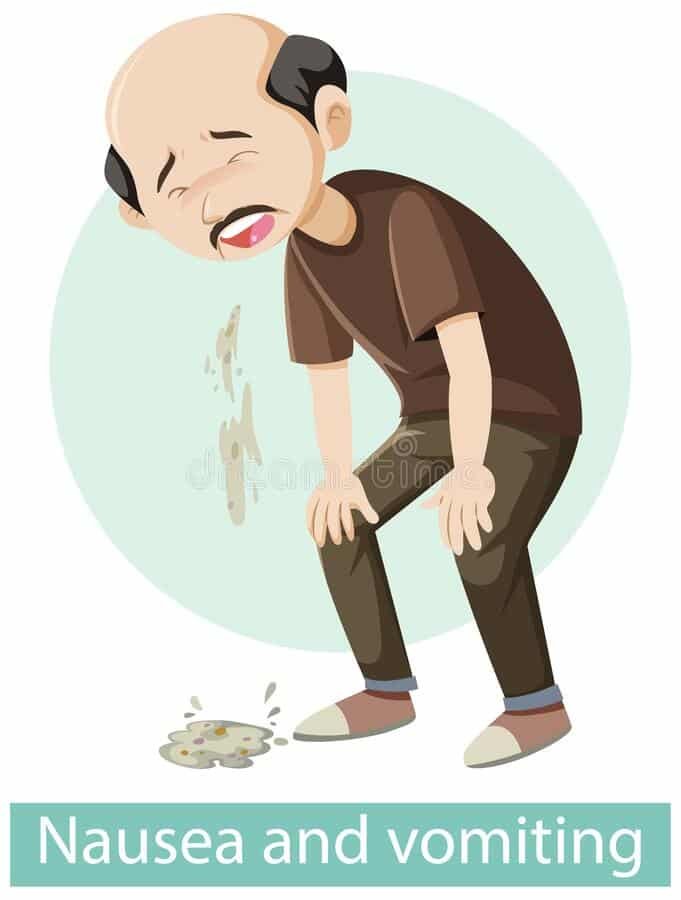Everything To Know About Heart Failure
Heart Failure Defined
Heart like every other part or organ (like kidney, liver) of the body has the minimum level of performance expected of it. Just as we talk of kidney and liver functions, we as well talk about heart functions. Therefore when we say heart failure, it may not necessarily mean the heart has stopped working. It may have simply started ‘failing to deliver’ on its functions of timely delivery of nutrients and oxygen to various parts of the body. Some of those incidents and conditions that may affect the functionality of the heart include: the weakening of the heart muscles due to deficient nutrient, insufficient oxygen due respiratory/lung issues, general body stress/fatigue, etc.
Heart failure diagnosed early is a sign that all is not well with the heart capacity. While this cardiovascular condition sounds scary, heart failure does not imply that the heart has stopped working or is about to stop working. While the heart can compensate for a while, you will need to get treated as a remedial action as failure to do son may lead to further degradation and possible collapse.
Causes of Heart Failure
Your heart can begin to fail as you age, but the condition can affect young people, too. Most people with it had a related problem first. It could be high blood pressure, coronary artery disease, a heart attack, a birth defect of the heart, or a disease that strikes the blood-pumping muscle.
Lung disease can lead to heart failure, too. Obesity, diabetes and sleep apnea have also been linked to it.
Symptoms of Heart Failure
Sleep Apnea

When your snoring is broken up by pauses in your breathing, your brain may not be getting enough oxygen. It will send signals to your blood vessels and heart to work harder to keep blood flow going. This raises your risk for high blood pressure, abnormal heart rhythms, strokes, and heart failure. Fortunately, sleep apnea is treatable.
Yellow-Orange Bumpy Rash

Extremely high triglyceride levels can make your skin break out around the knuckles of your fingers and toes and on your bottom. A lot of these fats in your blood may play a role in hardening your arteries, and high numbers are often related to other conditions that put you at risk for heart disease and strokes, too.
Poor Grip Strength

The strength of your hand may tell you something about the strength of your heart. Research suggests the ability to squeeze something well may be associated with a lower risk of heart disease. If it’s hard for you to grasp an object, odds are higher that you have or could develop problems. (But improving your grip strength alone won’t necessarily make your heart healthier.)
Dark Spot Under Nails
If you haven’t banged or hurt your finger or toe recently, little dots of blood trapped under your nail could point to an infection in the lining of your heart or valves, called endocarditis. You can also get these blood specks when you have diabetes, and people with that condition are two to four times more likely to have heart disease and strokes.
Dizziness
Lightheadedness is often a direct result of something wrong with your heart because it isn’t pumping enough blood to your brain. Dizziness could be a symptom of an abnormal rhythm, called an arrhythmia. Heart failure, meaning the weakening of the muscle, can also make you unsteady. Feeling woozy is one of the many lesser-known symptoms of a heart attack, too.
Sexual Problems
Some troubles in the bedroom could mean you have heart disease and a greater risk for a heart attack or stroke. Men with erectile dysfunction may have circulation problems related to high blood pressure or narrow arteries from cholesterol buildup. These blood-flow problems can also lessen a woman’s libido and ability to enjoy sex.
Skin Color Changes
Blue or gray fingers and toes could be from poor circulation of oxygen-rich blood, often due to a heart defect you were born with or narrowed or blocked blood vessels. A lacy, mottled, purple pattern shows up when bits of built-up cholesterol plaques break off, then get stuck in small blood vessels. You might get bloody splotches just under the skin on the inside of your hands and the soles of your feet when you have endocarditis.
Bleeding Gums

Experts don’t totally understand the link between gum disease and heart disease. But studies suggest that bleeding, swollen, or tender gums may lead to trouble with your ticker. One theory is that bacteria from your gums gets into your bloodstream and sets off inflammation in your heart. Having gum disease, which can lead to tooth loss, may also raise your chances of a stroke.
Dark, Velvety Skin Patches
You may find these thick spots, called acanthosis nigricans, in skin folds and creases such as your neck, armpits, and groin when your body has trouble using the hormone insulin. The patches could have skin tags, too. If you aren’t being treated for insulin resistance, metabolic syndrome, or type 2 diabetes, see your doctor for help controlling your blood sugar and protecting your heart.
Trouble Breathing
Feeling short of breath can be a symptom of heart failure, an abnormal heart rhythm, or a heart attack. Tell your doctor if you struggle to catch your breath after doing things that used to be easy for you, or if it’s hard to breathe while lying down. Have chest pain, too?
Swelling In Lower Legs

It happens when you stand or sit for a long time, and it’s also common during pregnancy. Fluid build-up can also stem from heart failure and poor circulation in your legs. Swollen legs could be from a clot that’s blocking the return of blood from your lower limbs to your heart. Call your doctor right away if swelling comes on suddenly.
Fatigue
Don’t always chalk it up to poor sleep. Heart failure can leave you tired and drained, because the muscle no longer pumps well enough to meet your body’s needs. Watch for other symptoms, such as coughing and swelling, too, since feeling wiped out and weak can be a warning sign of many different conditions, including anemia, cancer, or even depression.
Nagging Cough and Wheeze

This is another sign that your heart is struggling, and that blood returning to it from the lungs is backing up. That means fluid gets in your lungs. Sometimes, the cough can bring up white or pinkish mucus. Let your doctor know if you have it.
Nausea

You may have that — or you might just feel full, as if you can’t eat any more. Either way, that can lead to a lack of appetite. This happens because your digestive system isn’t getting enough blood and oxygen.
A Racing Heart
It’s a common warning sign. When your heart doesn’t pump enough blood, your body knows. It can make up for this in a few ways:
- By adding muscle to your heart to push more strongly
- By enlarging your heart so it can stretch and snap back better
- By making your heart beat faster.
Confusion
You may seem confused or sluggish. You might be disoriented, or you might start forgetting things. When other organs aren’t working well because of a lack of blood, it affects the amount of some things (like sodium) in the blood. This can affect your brain.
Managing Heart Failure
Exercise
You can lower your odds of getting the condition. Make sure to eat well and exercise. If you smoke, quit. If you’re carrying a few extra pounds, do what you can to lose them. If you’re already at high risk, or your heart already is damaged, your doctor can help lower your risk with medicine. It’s important that you and your doctor work as a team.
Credit: webmed.com


